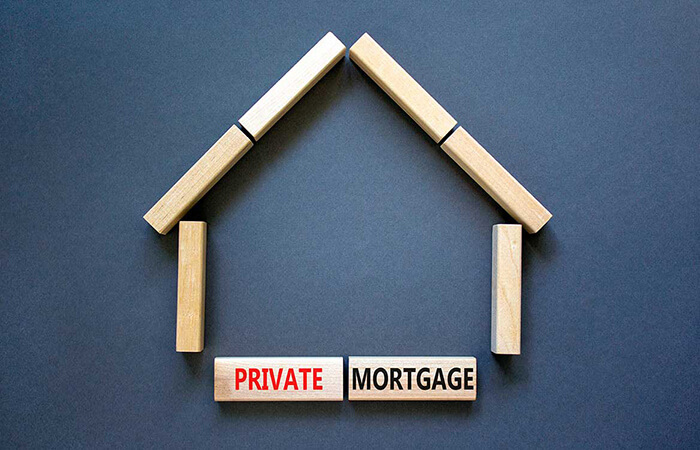Committed to making your mortgage approval process stress free and efficient for over 25 years, Sunlite Mortgage is one of Toronto, Canada’s leading mortgage brokerages.

Buying a home in Canada, whether it is your first home, an investment property, a second home, or if you are looking to refinance your mortgage using a Home Equity Loan… your options are either to go through a bank or a mortgage broker. A mortgage broker can either offer you a mortgage through a recognized financial institution, or should you not qualify, one of the options they might offer is a private mortgage loan through a Private Lender.
Ever since the introduction of the B20 guidelines and the stress test in 2018, each year increasingly more borrowers are being declined by the banks because of these mortgage regulations. The good news is that there are options. They can refinance their property with a private lender, who may be an individual or a Mortgage Investment Corporation (MIC’s) which are regulated under the Income Tax Act. They are only accessible through mortgage brokers, who have access to hundreds of private lenders that compete to offer you a mortgage when a bank will not – either because of poor credit and low or unreliable income.
With the rapidly increasing house prices outstripping purchasing power during the pandemic, and now the bank rate moving from 0.25% in March 2022 to 4.50% just ten months later, most borrowers are locked out of the real estate market. Those with mortgages up for renewal are seeing their mortgage rate more than double since their last renewal and are realizing that they cannot refinance at their bank, especially if they need to consolidate debt.
Mortgage specialists employed by the banks can only sell their banks products and services, whilst a mortgage broker or a mortgage agent have access to over 60 different lenders. As of October 2022, the last count by Mortgage Professionals Canada was that there are currently over three hundred lenders registered as MICs (mortgage investment companies) in Canada. That is excluding the individuals who lend their own money!
Private lenders are more concerned about the equity in the property, than about your income. Bear in mind that any lender you deal with, either the banks or a private lender, have one thing in common – they would like a return on their money and would also like to have their money back at the end of the term.
Private lender rates are typically higher than those of the banks and that is because they take a higher risk than the banks take. Their mortgage is normally conventional, meaning that their loan to value is typically 80% LTV (Loan to Value). Some private lenders will go up to 90% LTV with even higher rates, and at least one private lender will go up to 95% LTV.
Loans from private lenders are usually written for one to three years, with one year being the most common, and the payments are usually interest only. You will be charged a lender fee up-front, and the broker will also charge a brokerage fee as they are not compensated by the private lender.
In a private mortgage situation, there are usually two lawyers to prevent what is regarded as a conflict of interest. Therefore, in most cases the private lenders lawyer will not represent the borrower and the borrow will need Independent Legal Representation (ILR) by another lawyer that does not reside in the lenders lawyer`s office.
All fees in a private mortgage transaction are the responsibility of the borrower and include but not limited to:
Here is a table comparing your typical ‘A Lender’ (Big Banks) to a Private Lende:
| A Lender | Private Lender | |
|---|---|---|
| Type of Organization | Financial Institution | Individuals, MIC’s |
| Loan Term | 1-5 years | 1-3 years |
| Interest Rate | 4-6% | 10-15% |
| Payment | Principal + Interest | Mostly Interest Only |
| Qualification Criteria | Credit Score & Income Verification 5 Cs of Credit | Home Equity & Marketability of Property |
| Regulations | Yes, Federally Regulated | No |
For most Canadians it makes sense to finance their home through a traditional Lender. In some instances, such as needing quick financing prior to when your mortgage renews, it could be an ideal solution to keep your current low interest rate and get a private second mortgage in the interim. A private mortgage could be a solution for someone having poor credit or no credit, having a non-verifiable income, or purchasing a conventional mortgage, a private lender will be a better option.
If you decide to go with a private lender, make sure you understand the loan documentation. You can ask your mortgage broker or mortgage agent if you have questions surrounding the interest rate, penalties for missed mortgage payments, penalties for exiting the mortgage term early, prepayment and lump sum questions, or questions of affordability.
In the end, while the real estate crisis has pushed many Canadians out of the housing market, it may be worth your time to look for a private mortgage to keep your investment or fulfill your dreams of home ownership.